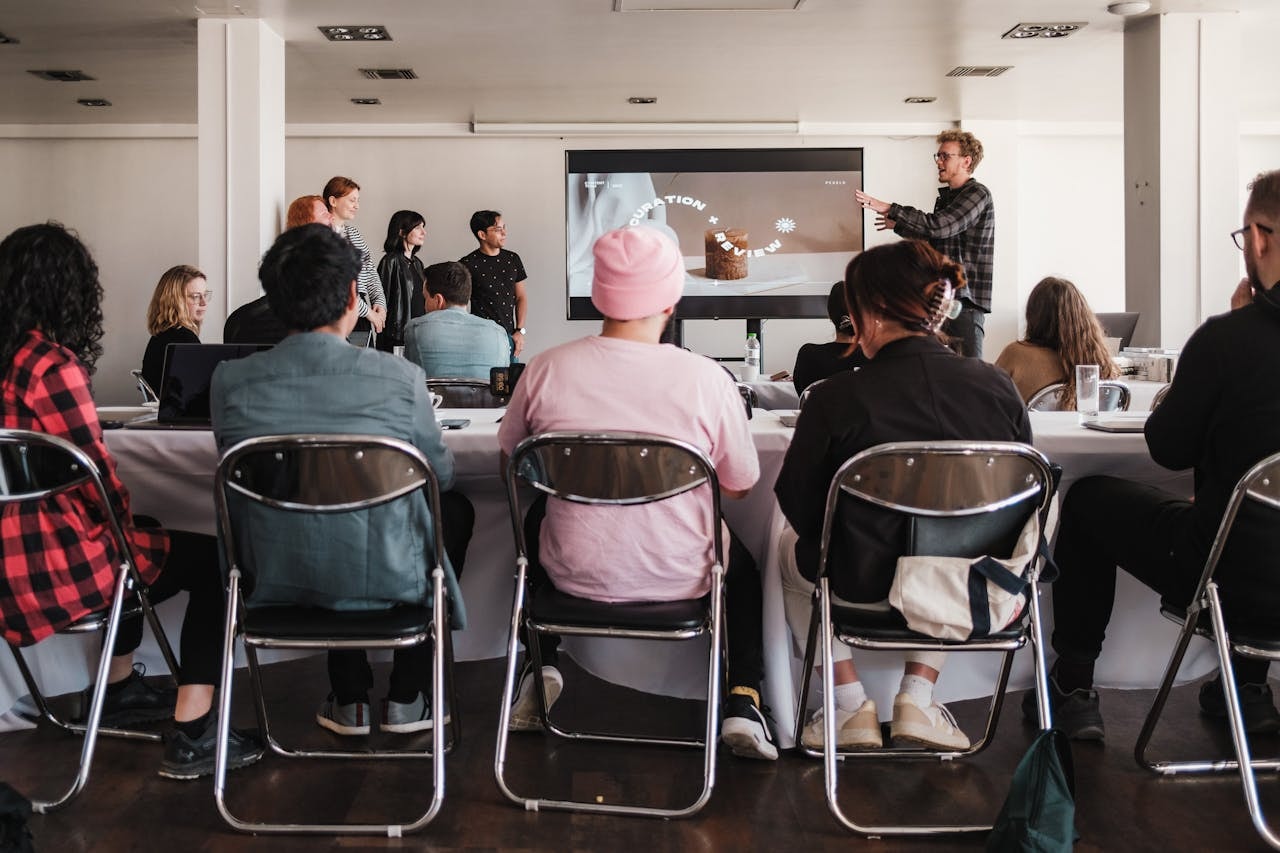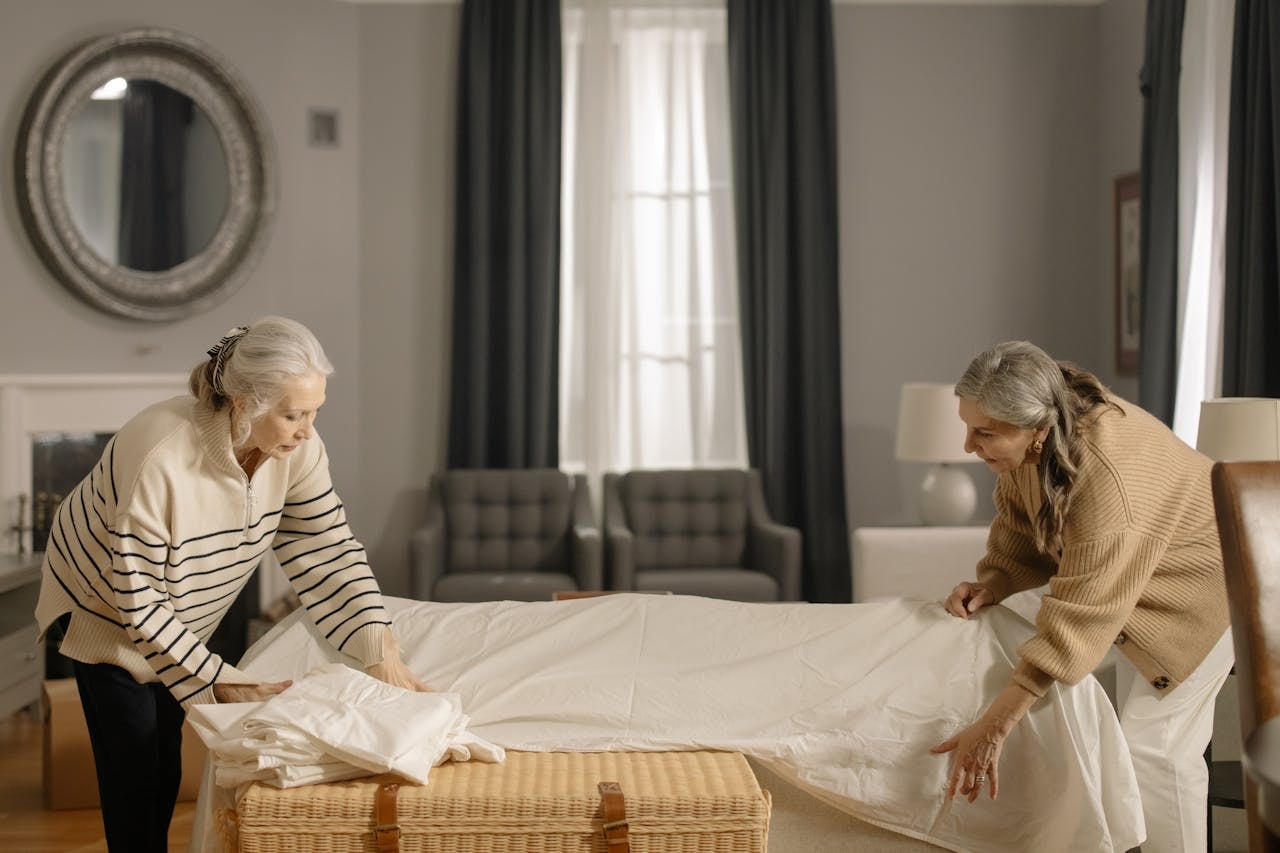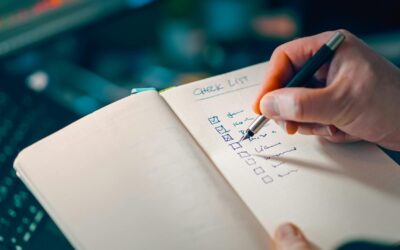Living life fully isn’t just about big milestones—it’s about everyday moments like getting dressed, cooking, or using public transport confidently. For many people with disability, mastering these daily living skills, including decision making and daily planning, is key to independence, confidence, and community connection. The NDIS provides funding to help participants build these skills through tailored supports, therapy, and training, including cb daily activity.
NDIS funding offers reasonable supports tailored to each participant’s needs, ensuring assistance is effective and appropriate.

At Re.Connect Support Services, we believe improving daily living skills NDIS style, aligned with improved daily living and education, isn’t just about ticking boxes on an NDIS plan—it’s about meaningful change that enables participation in everyday life, connection, and goal achievement. Supports and funding help participants reach their specific NDIS goals.
Introduction to NDIS and Daily Living
The National Disability Insurance Scheme (NDIS) empowers people with disability to lead more independent lives. Through personalised NDIS plans, participants access services and resources needed to thrive. A key support category is Improved Daily Living (IDL), focusing on building essential daily living skills and boosting community participation.
IDL funding covers therapeutic services like occupational therapy, speech therapy, and exercise physiology. These therapies address individual needs—improving communication, mobility, or practical living skills. Support workers help participants navigate their NDIS plan to maximize funding and supports.
Understanding the NDIS plan and IDL opportunities lets participants and their support networks take proactive steps toward independence. With the right services and therapies, participants build confidence, engage more fully in their communities, and achieve personal goals.
What Are Daily Living Skills in the NDIS?

Daily living skills include essential tasks like:
- Cooking and learning to understand food labels.
- Developing fine motor skills for self-care or work.
- Building decision making and daily planning strategies.
- Using assistive technology for mobility or communication.
Allied health professionals, such as occupational therapists, conduct assessments to identify skills needing support and create personalised plans.
These supports fall under the Capacity Building budget, specifically the CB Daily Activity support category—also called Improved Daily Living funding or Improved Daily Living funds. The goal: build independence and confidence with support from a clinical nurse.
Why Are Daily Living Skills Important in an NDIS Plan?
Capacity building services provide tools, knowledge, and confidence to thrive. Unlike the Core budget (covering day-to-day services like transport), capacity building funding supports specialised training to increase independence.
For NDIS participants, this may include:
- Working with an occupational therapist to identify strategies for managing routines.
- Speech therapy from a speech pathologist to build communication skills.
- Mobility and stamina improvement with an exercise physiologist.
- Medical guidance and training from a clinical nurse consultant or nurse practitioner, including training for caregivers and family members.
This allied health and nursing team strengthens functional independence so participants can participate actively in family and community.
NDIS Goals and Planning: Setting the Foundation
Clear NDIS goals are vital for independence and improved daily living. Your NDIS plan is a roadmap outlining aspirations, needed supports, and steps to achieve them. Allied health professionals help identify strengths and priorities to create a plan reflecting your vision.
Effective planning focuses on what matters—managing routines, building skills, or increasing community participation. Experts help break goals into achievable steps and ensure access to appropriate supports and funding. This collaborative approach supports managing daily living, accessing community activities, and growing independence.
With capacity building and improved daily living supports, your plan becomes a tool for change, helping you pursue goals confidently.
Developing Daily Living Skills: Strategies and Approaches
Building daily living skills is a collaborative journey. Occupational therapists and exercise physiologists assess strengths and challenges to develop personalised strategies for independence. These may include managing anxiety, improving fine motor skills, or understanding food labels.
Support workers, family, and caregivers provide encouragement and assistance as skills develop. Group activities and training offer social learning opportunities. Whether mastering routines, self-care, or community participation, the focus is on functional independence and meaningful progress.
Prioritising capacity building and skill development helps individuals overcome barriers and enjoy autonomy. This strengths-based approach ensures everyone supports lasting independence and quality of life.
Examples of Daily Living Supports Funded by the NDIS

Improved Daily Living funding covers a range of therapeutic services, training, and supports, including group therapy for peer learning and social interaction. Examples include:
1. Occupational Therapy
Helps build practical living skills like cooking, grooming, and home safety. May recommend home modifications or assistive technology for independence.
2. Speech Therapy
Supports communication, social skills, or swallowing issues, vital for NDIS goals and community participation.
3. Exercise Physiology
Improves mobility, manages health conditions, and builds strength for everyday life.
4. Nursing Supports
Enrolled nurses, registered nurses, or clinical nurses provide training on medication, wound care, or chronic conditions. These may require funding approval or prior approval.
5. Training for Families and Support Workers
Trains family members and support workers to provide reasonable aid and develop necessary skills at home or in group activities.
CB Daily Activity and Skill Development: Building Capacity
CB Daily Activity (Improved Daily Living) helps build skills for everyday tasks like personal care and meal prep. Allied health professionals, including occupational therapists and exercise physiologists, work with you to identify growth areas and develop personalised plans.
This support focuses on practical skill-building that leads to independence, confidence, and community participation. It’s about more than assistance—it’s about living life on your terms with help from support people.
Community Participation and Social Inclusion
Independence extends beyond home—it’s about being an active community member. The NDIS prioritises community participation and social inclusion within Improved Daily Living.
Group activities, education, and training help participants connect, build relationships, and gain social confidence. Support workers and families assist with strategies like using assistive technology and organising accessible transport.
Fostering participation and inclusion builds life skills, support networks, and well-being, enriching everyday life and independence.
Assistive Technology and Support: Tools for Independence
Assistive technology provides tools that unlock independence. The NDIS plan funds devices that aid communication, mobility, or fine motor skills.
Through the Capacity Building budget, participants access funding for assistive technology with guidance from allied health professionals like occupational therapists. These experts conduct assessments and recommend devices tailored to individual needs.
Integrating assistive technology helps manage anxiety, participate in group activities, and develop living skills, supporting functional independence and community engagement.
Home Modifications for Accessibility

A safe, accessible home is key to independence. The NDIS plan funds home modifications under Capital Supports, enabling adaptations like ramps, handrails, or bathroom changes.
Occupational therapists assess needs and guide participants through funding approval. Working with support workers and family, they ensure the home supports health, mobility, and daily planning.
Improved Daily Living Funding and Budgeting
Maximise your NDIS plan by understanding Improved Daily Living funding. This flexible budget covers therapeutic services, assessments, and supports to build daily living skills.
Work with support workers, allied health professionals, and providers to identify necessary services aligned with your goals. Some services or equipment may need prior approval.
Regular reviews with your support network, including family and caregivers, help adjust plans as needs change. This ensures ongoing skill development and independence with support from a registered nurse.
Implementing Daily Living Skills and NDIS Funding: From Plan to Action
After planning, put your goals into action with your team—support workers, clinical nurse consultants, and nurse practitioners. They help personalise daily living skills supports to meet your goals.
Funding covers therapeutic services, assistive technology, and home modifications. Support workers, including enrolled nurses and registered nurses, assist with daily tasks and skill development.
Working closely with your team ensures you use your NDIS funding effectively, building independence and managing anxiety with confidence.
Conclusion: Building a Future of Independence
Independence grows from small steps supported by the right plan and team. With Improved Daily Living funds, participants access capacity building services that foster functional independence, health, and community participation.
At Re.Connect, we support you to access, plan, and thrive with meaningful supports. Whether through therapy, training, or group activities, we align your NDIS goals with practical outcomes that brighten everyday life.
Independence isn’t just getting by — it’s truly living with improved daily living.


